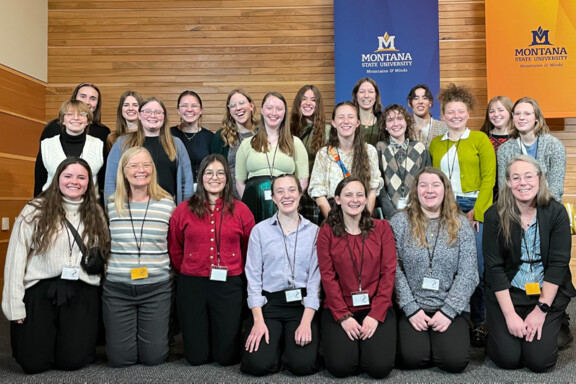Darin Ragozzine received a Young Scholar Award from the College of Physical and Mathematical Sciences. Ragozzine has made significant contributions to exoplanet discovery efforts (KEPLER) and Kuiper belt object study, and has received Hubble telescope time grants. He has also secured $500k portion of grants to BYU since arriving in Fall 2016. Ragozzine has mentored 15 BYU undergraduate students since his arrival, and has published many notable papers. He has also developed his own textbook for the introductory astronomy course, as well as a new method for teaching Physics 230, including recorded video instructions.
August 2020
News and Events
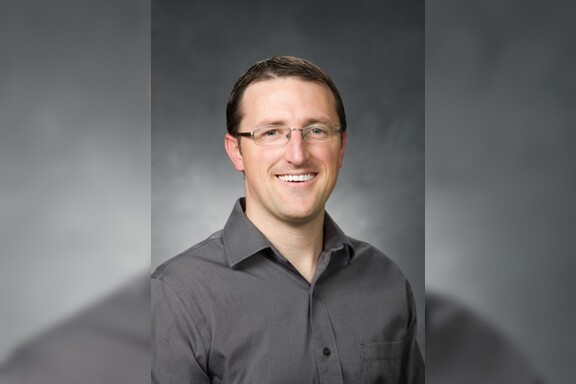
Dr. Powers initiated the effort to update BYU’s physics undergraduate lab curriculum in 2015. The revamped curriculum, aimed at teaching students how to construct knowledge from experiments.
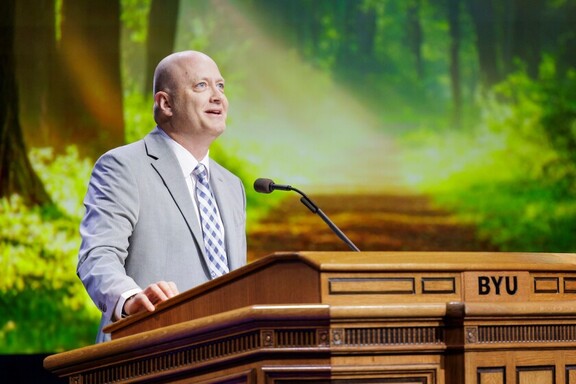
This year’s Karl G. Maeser Distinguished Faculty Lecturer, Kent Gee, delivered his forum address on the science of sound and how he and BYU students have contributed to significant research in the acoustics industry.
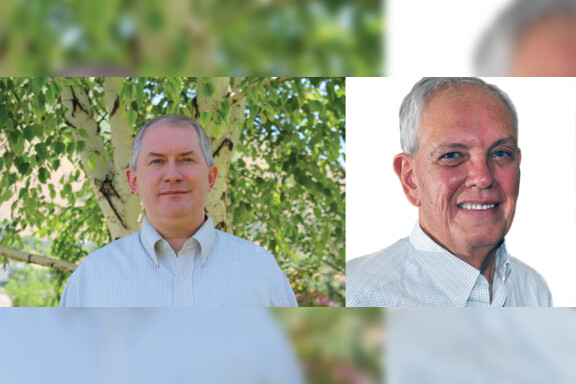
In July 2025, Drs. Branton Campbell and Harold Stokes (BYU Emeritus Professor) will receive the Kenneth N. Trueblood Award from the American Crystallographic Association for exceptional achievement in computational crystallography.
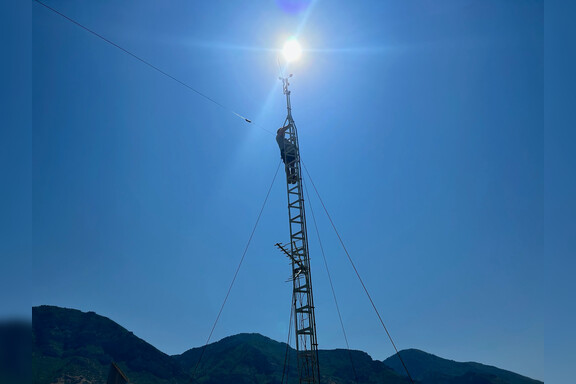
A group of undergraduate students braved the heat and heights of the ESC roof to install a new weather station. The station is up and running, and will hopefully record data for years to come.
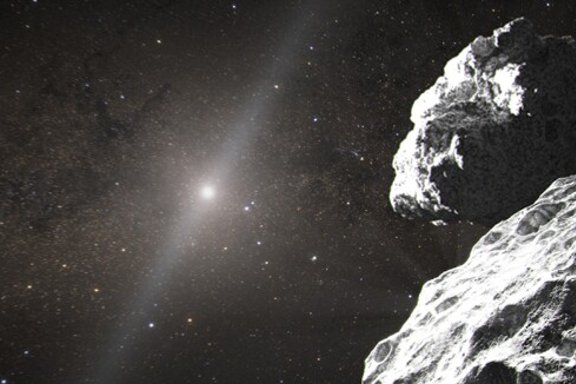
Using data from NASA's Hubble Space Telescope, a new study suggests that an object previously thought to be a binary system may be a rare triple system of orbiting bodies.
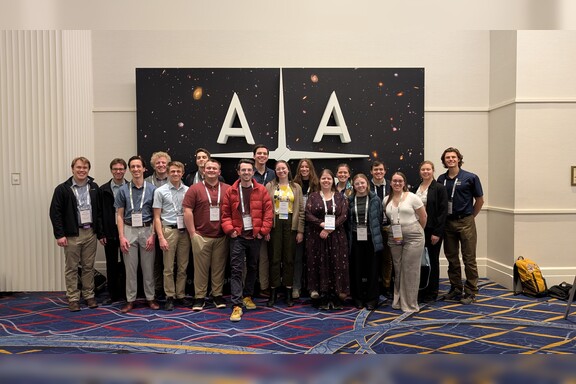
In early January 2025, a group of 16 students from Brigham Young University’s Physics & Astronomy Department showcased their research at the prestigious American Astronomical Society (AAS) in National Harbor, Maryland.

Acoustics faculty and students measure the thunderous noise of the world’s most powerful rocket, exploring its impact on communities and the environment.
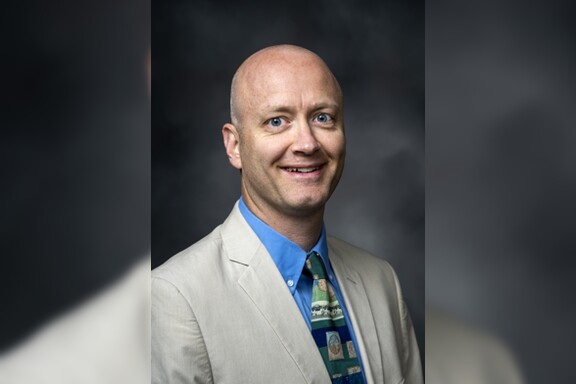
Dr. Kent Gee has been named the recipient of the Karl G. Maeser Distinguished Faculty Lecturer Award
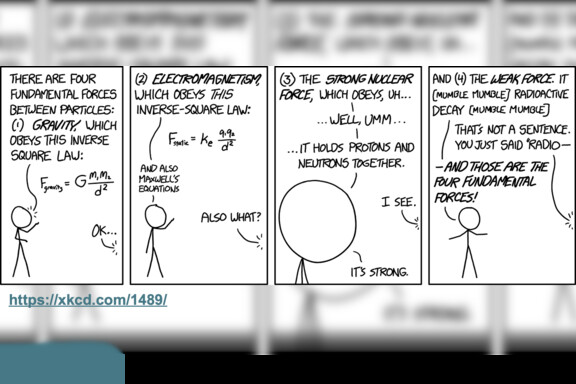
After 3 years of being offered as 513R, elementary particle physics is finally an official course and accepted for credit in the physics major!
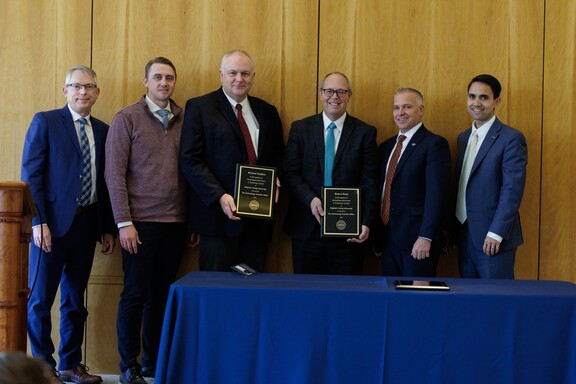
BYU Physics and Astronomy Professors Dr. Davis and Dr. Vanfleet recently received the 2024 award for outstanding achievement in technology transfer from the BYU Technology Transfer Office.
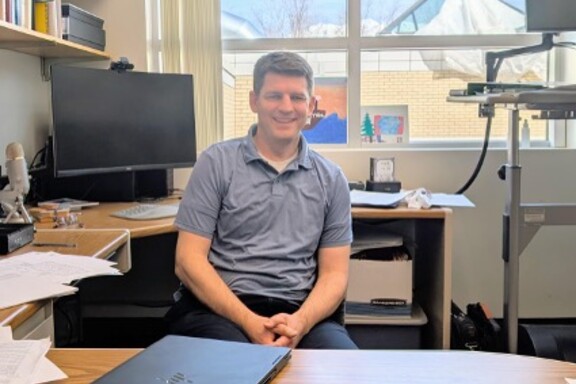
Dr. Michael Ware hopes to help students develop the skills to navigate discussion of science and religion
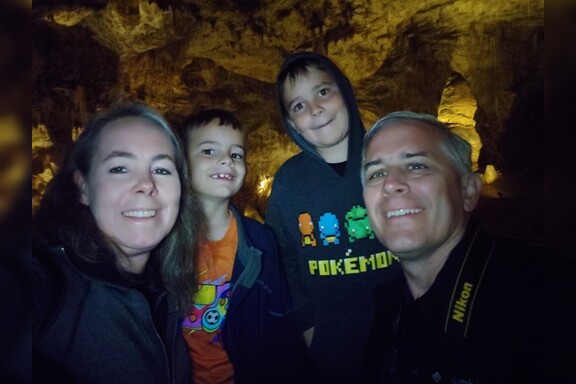
Dr. Stephens participated in a research project at the University of Arizona focused on studying brown dwarfs using the James Webb Space Telescope (JWST).

